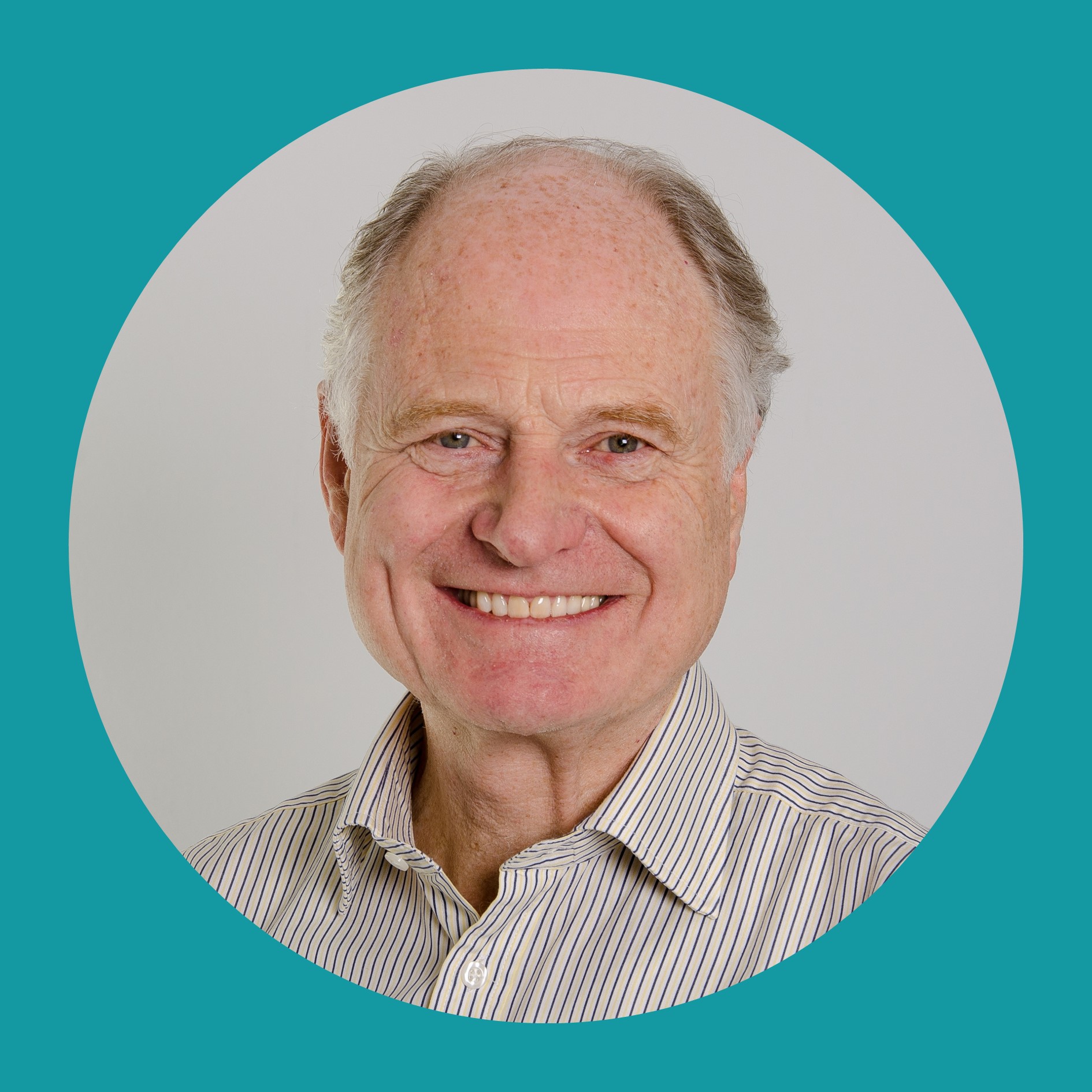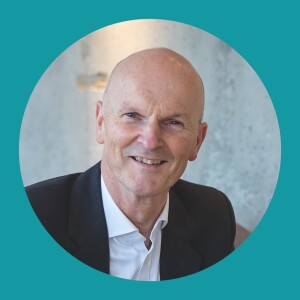
Dr Richard Field OBE, being present, listening, and reflecting
 2021-03-11
2021-03-11
Dr Richard Field OBE is a specialist in individual and organisation growth and development, Chairman of Highlander Computing Solutions, former Chairman and CEO of the Dyson Refractories Group, visiting professor at Sheffield Hallam University, and a former South Yorkshire Businessman of the Year.
Dave Hembrough recommended Richard for the show – Richard made a big impression on him when Dave attended his 10-day Integral Leadership course. Richard was running a leadership course at Balliol College Oxford for the Industrial Society when he was approached by the Training and Enterprise Council to design “a world-class leadership programme.” Richard designed it with a team of collaborators over a period of two years. He describes the result as a “programme for life”, as relevant to a young student as to a board of directors.
He and Rob Copeland of the Advanced Wellbeing Research Centre (AWRC) (episode 15, January 2020, of this podcast) have recently developed a further iteration of the programme called ‘Leading for Health and Wellbeing’ (LHW), which will be rolled out at the AWRC from June.
He believes it is difficult to lead with compassion unless you are compassionate towards yourself. The Dale Carnegie training organisation has the ‘3Cs’ rule; “never criticism, condemn, or complain.” And Richard didn’t, except that he came to realise that the one person he was beating up was himself.
At 35 Richard became the Chairman and Chief Executive of a large organisation. He sought advice on how to lead from a well-known business leader of the time David Frith, who told him there are only two things were necessary; be there and listen. Richard says “everyone is wonderful, it’s up to us to give them the space to be the best that they can be.”
As a child Richard had encephalitis and was in a coma for a month. He was bullied at school, and had to wear irons because his bones were brittle. On a course, he heard a saying that changed his life: “By doing you become.” He started working hard and looking after other people. A life of achievement, recognised through his OBE, followed. One of the objectives of his leadership course is to help people avoid the pain that he went through.
His leadership philosophy is that everyone is doing the best they can with the resources available to them, and that people are family. His style is to ask questions because then the answer comes from the individual and they are learning. If things don’t go so well, he asks how might that have gone better, and believes that reflection is one of the keys to life.
He is chairman of several companies and believes that the effectiveness of teams is critical to successful business. The stronger the relationships within a board, the greater its ability to deal with challenging issues. The role of the chairman is to build those relationships, and create a culture of psychological safety within which difficult matters can be discussed openly.
Richard sees the two greatest challenges facing business as social and environmental sustainability, and professionalism: entrepreneurs frequently fail through lacking the basic tools they need. Everyone should be continuously learning.
His too proudest achievements in business are “just seeing people be the very best they can be”, and his Doctor of Business Administration (DBA) at Sheffield Hallam University.
His biggest mistake concerns a visit by Tony Robbins to Sheffield Arena. At the last minute it transpired that the hire of the arena would be another £70,000 on account of the lighting rig. Firstly, Richard hadn’t written down the requirements of Tony’s team, and secondly he hadn’t monitored what was going on properly.
The course that has had the greatest impact on Richard was the Industrial Society course where he learnt “In doing you become”, so much so that he returned as a volunteer on 15 occasions before eventually he was asked to run the programme.
One of the people that has inspired Richard on his journey is Sir Hugh Sykes, with whom he worked in a management consultancy. He learnt from that experience that often barriers are created within ourselves.
He believes that supporting young people is crucial to the future of the city region.
Richard is an ambassador for Homeless and Roofless at Christmas (HARC, formerly the Archer Project), but he focuses on facilitation and training – the things he excels at – in order to support hospices, and other charities.
Books Richard would recommend include ‘Shoe Dog’ by Phil Knight the creator of Nike, ‘Principles’ by Ray Dalio, ‘The Seven Habits of Highly Effective People’ by Steven Covey, and ‘The Servant’ by James C Hunter. Anyone who would like a comprehensive book list from Richard can obtain it by writing to rich@fieldenterprise.co.uk.
Self-care is for Richard the most important thing of all. He says “unless you’re healthy then you can’t help others.” He does Tai Chi and yoga every day and meditates for 20 minutes each morning and evening.
His advice to his 20-year-old self would be to slow down – you notice so much more – and reflect. How could I have done that better? What have I learnt from the situation? Also, he would advise him to focus and plan ahead, and look for the good things in other people and in yourself. Be there and listen, and do what you love to do, and work hard at it consistently.
More Episodes
 2020-05-14
2020-05-14
 2020-02-20
2020-02-20
 2020-01-02
2020-01-02
 2019-12-19
2019-12-19
 2019-11-14
2019-11-14
Create your
podcast in
minutes
- Full-featured podcast site
- Unlimited storage and bandwidth
- Comprehensive podcast stats
- Distribute to Apple Podcasts, Spotify, and more
- Make money with your podcast
It is Free
- Privacy Policy
- Cookie Policy
- Terms of Use
- Consent Preferences
- Copyright © 2015-2024 Podbean.com





